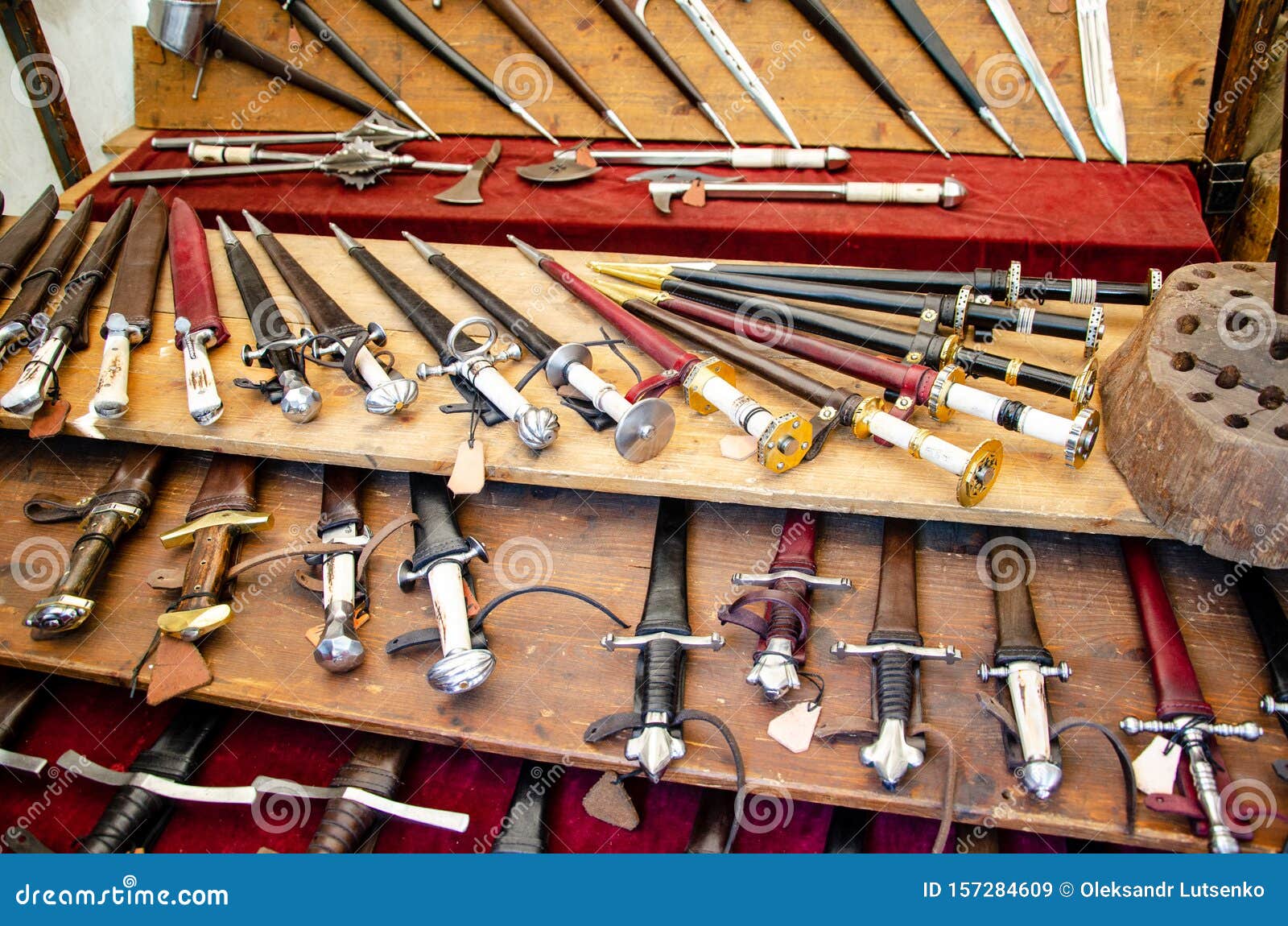

The guards kept watch all day long, then headed home, but as they walked, “were startled to find that Cecco was following them, with the noose around his neck, crying out, ‘Saint Zita, help me!’ ” Cecco later told authorities that a figure of a lady had appeared to him and supported his feet, keeping him from dying. In The Hanged Man, historian Robert Bartlett wrote mostly about the miraculous survival of a Welsh brigand, but he also mentioned several other cases that took place elsewhere, such as the Italian story of a man named Cecco, who was hanged in the town of Capua along with a thief. John in York for burial, where he “was found to be alive.” Similarly, in 1284 Edward pardoned the widow Margaret Everard, who had been hanged, cut down for burial, and then miraculously recovered life. To return to the English kings, and their pardons of the survivors of botched executions, in 1280 Edward I pardoned John Elenstreng for “his larcenies,” but only after Elenstreng had been, after his hanging, taken to the church of St. One man, eventually pardoned by the French king for his crimes, managed not just one but two escapes from judicial authorities tasked with detaining him during the investigation against him for his abduction of a nun.

Often enough, the warden, or wardeness, could be overpowered in a jailbreak, or doors and walls broken open, without any need for saintly intervention to pry open bars or break chains. Medieval prisons were not always so confining. Instead, for those initially sentenced to death, the sentence was quite often reduced, the convicted offender pardoned, or, in the absence of formal procedural measures, the prison doors left open so they might “accidentally” escape.Įscape from prison, if not necessarily surviving a hanging, did not take a miracle at all.
Medieval smith Patch#
The browsing villagers can be lured out to the game tables if the blacksmith has one, making it far easier to gain experience (as the patch only allows one purchase per day, a routing issue disables the ability to sell a product and denies the sim experience).Certainly, in some cases offenders were immediately executed, in some haste, precisely to forestall the many things, including royal or princely intervention, that would usually prevent the execution from happening. The Blacksmith who uses the stall for active selling will also find a harder time with it compared to the Merchant because of certain routing issues (browsing villagers usually block the single stall's front side when it's time to make a sale), but it's still very rewarding in terms of leveling because the Blacksmith gets the same experience scale: a successful Compliment Taste/Butter Up/Hustle interaction rewards the Blacksmith with 10 to 20XP each, while a successful sale results in 150XP. The difference is quickly made up though: Blacksmiths can create their own stock. opening/closing the stall and checking merchandise, as well as the Compliment Taste, Butter Up, Hustle, and Ask to buy social interactions) but without the high margins that a high-level merchant recieves. Selling items this way involves the same mechanisms and interactions employed by the Merchant (i.e. The Blacksmith's house includes a stall set against the outside wall of the building, from where he can actively sell his crafted equipment.

Medieval smith manuals#
As the Blacksmith levels up, he will be able to forge better quality armor and weapons.īlacksmiths can also read Manuals of Blacksmithing, which are books that can unlock recipes for creating special, more powerful weapons. He gets the ore for his forging from ore deposits in the kingdom. In the event of producing poor quality weapons or not producing weapons at all the Blacksmith can be put in the stocks.

The Blacksmith's daily job is to forge various types of equipment that can either be sold to other Sims in the kingdom or passed on to other hero Sims. The Blacksmith is a Hero in The Sims Medieval.


 0 kommentar(er)
0 kommentar(er)
